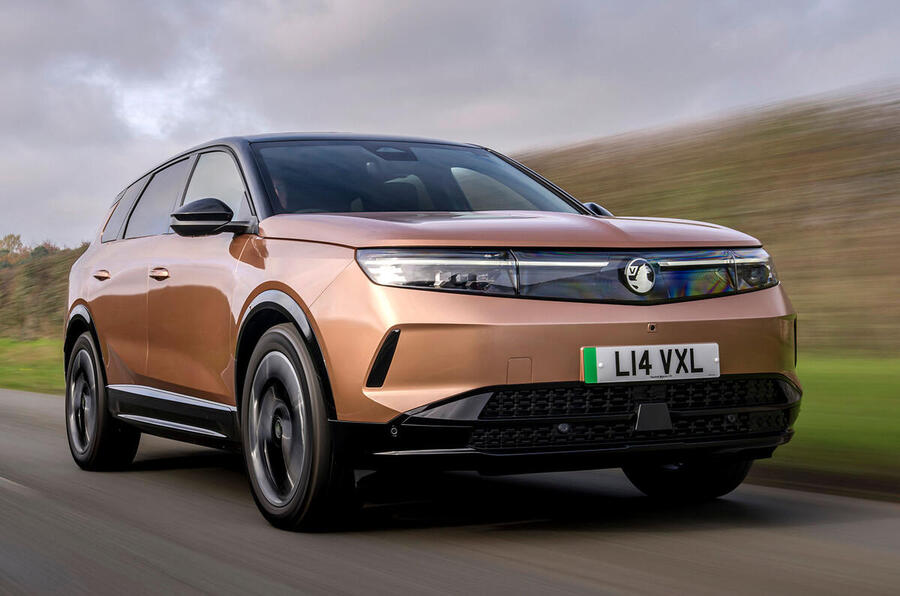The grant will only be offered to manufacturers that have verified science-based targets (SBTs) for carbon reduction and that have emissions scores below a threshold that the government has also yet to define.
When asked for clarification on these sustainability criteria and emissions scores, the spokesperson said: "An SBT [that we consider verified] is one that has been validated by the Science Based Target initiative [SBTi]. Scores are relative to an index based on the carbon intensity of different [power] grids."
Unlike the previous PiCG, car buyers will not have to apply for the grant themselves. Instead, it will fall on manufacturers to submit their EVs for inclusion in the scheme, based on the government’s criteria.
The government’s funding will be allocated on a first-come, first-served basis, and it will publish a list of models that qualify in the coming weeks.
Asked when the grants will come into effect, the spokesperson said: "If manufacturers are confident their application will be successful, sales from before formal application approval would be eligible for the grant provided they comply with all aspects of the scheme and the application was subsequently approved. This applies from Wednesday 16 July."
The £37,000 threshold was chosen because it "targets the more affordable end of the market, ensuring funding for the ZEV transition can reach as many people as possible", the spokesperson added.
Asked why it would not include more expensive cars, such as the £37,500 Vauxhall Grandland Electric, the spokesperson said: "All grants for ZEVs need to offer the best value for money for the taxpayer – we won’t subsidise luxury cars for those who can afford them."

The government said it would fund the grants until the 2028-29 financial year but the scheme could be amended or closed early, with no notice, if cash reserves for it were depleted. "This will remain under review," said the spokeperson.
The move comes as car makers are working to hit the UK’s Zero Emission Vehicle (ZEV) mandate, which this year requires them to achieve an EV sales mix of 28% or be fined £12,000 per non-compliant vehicle. So far this year, just under 25% of all new cars sold in the UK have been fully electric, prompting concern – although manufacturers can also trade reductions in their fleet emissions for de-facto 'sales' of electric cars.
The motor industry has also flagged that EV sales are being propped up by fleet buyers, which receive significant incentives in the form of benefit-in-kind tax breaks.
Mike Hawes, chief executive of industry body the Society of Motor Manufacturers and Traders, has been one of the most vocal proponents for reintroducing an EV grant. He hailed the news as a “clear signal” for prospective buyers to go electric.
“Rapid deployment and availability of this grant over the next few years will help provide the momentum that is essential to take the EV market from just one in four [new cars sold] today, to four in five by the end of the decade,” he said.
Adam Wood, managing director of Renault UK, said the incentives are "extremely welcome" but called for further action to hit the 80% EV sales threshold for 2030 set out by the Zero Emission Vehicle (ZEV) mandate. "It remains critical that car makers, infrastructure providers and government remain united in delivering everything required to make that happen," he said.
A spokesperson for Volkswagen Group UK said it was "pleased" the government was implementing a new grant because it signals a "clear direction of travel" towards battery-electric cars. However, they added it was too early to forecast the grant's impact on its customers, given it has yet to receive full details from the government.
Lisa Brankin, managing director of Ford UK, said it was "great news" and that the grant "will help make the all-electric Puma Gen-E even more affordable".
.png)


